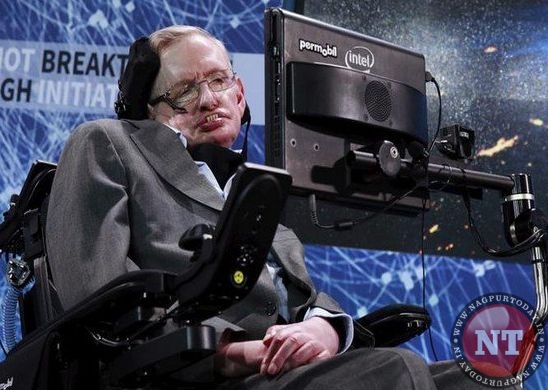
Hawking’s first major breakthrough came in 1970, when he and Roger Penrose applied the mathematics of black holes to the entire universe and showed that a singularity, a region of infinite curvature in spacetime, lay in our distant past: the point from which came the big bang.
Hawking’s seminal contributions continued through the 1980s. The theory of cosmic inflation holds that the fledgling universe went through a period of terrific expansion. In 1982, Hawking was among the first to show how quantum fluctuations — tiny variations in the distribution of matter — might give rise through inflation to the spread of galaxies in the universe.
But it was A Brief History of Time that rocketed Hawking to stardom. Published for the first time in 1988, the title made the Guinness Book of Records after it stayed on the Sunday Times bestsellers list for an unprecedented 237 weeks. It sold 10 million copies and was translated into 40 different languages. Hawking won the Albert Einstein Award, the Wolf Prize, the Copley Medal, and the Fundamental Physics Prize.
The Nobel prize, however, eluded him. The world famous physicist and cosmologist was the subject of the 2014 film ‘The Theory Of Everything’, which starred Eddie Redmayne and Felicity Jones.













